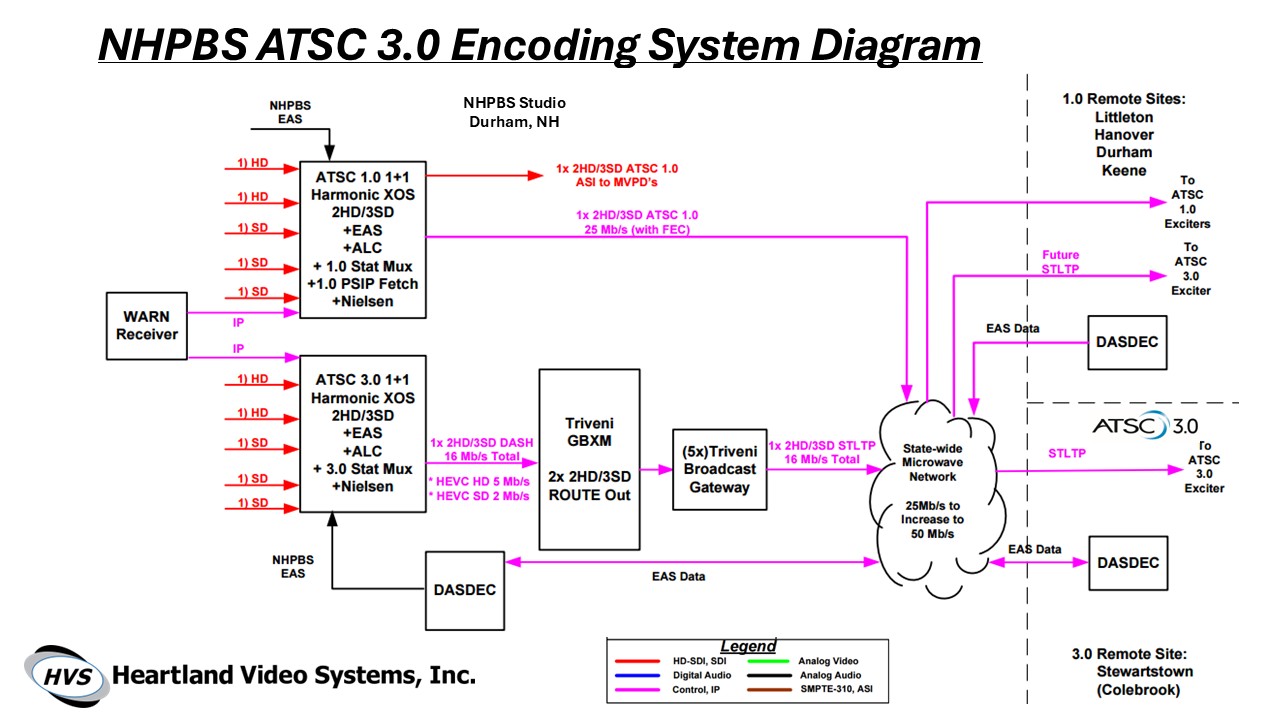Major Ownership Overhaul Expected
The professional video industry's #1 source for news, trends and product and tech information. Sign up below.
You are now subscribed
Your newsletter sign-up was successful
The initial period has closed for public comment on the FCC's potentially sweeping reform of the laws that govern media ownership, and several observers are saying the rules could open media to a wave of consolidation this summer.
This week at the American Enterprise Institute, a conservative think tank, former FCC Commissioner Harold Furchtgott-Roth said the commission's best course might be to entirely scrap some rules, particularly items like the cap on TV broadcast ownership, now set at a 35 percent reach of the nation's viewers.
"With each passing court decision, the commission is in a more and more awkward position to retain any of [the rules]," Furchtgott-Roth said, adding that doing away with some rules would be within Congress' mandates and survive judicial scrutiny. "Any number they come up with is going to be seen as arbitrary" when it is challenged by the networks, which he sees as likely unless the cap is removed or raised to a very high level.
That sentiment echoes comments by the parent corporations of the NBC, CBS and Fox networks, which advised scrapping the nationwide ownership cap. The FCC is under court order to change or justify the cap.
Also under consideration are rules governing ownership of multiple radio stations in a single market, the newspaper-broadcast cross-ownership cap, the radio-TV cross-ownership restriction, the rule against a single entity owning two networks and restrictions on owning two TV stations in a single market.
Wall Street has taken notice and is giving broadcast stocks a rosy look in anticipation of deregulation.
"In the past we have cautioned investors not to front-run FCC TV deregulation, given insufficient insight into rule specifics. Now, we are changing our advice on that matter after reading the FCC public comments filings," UBS Warburg said. "The likelihood of rule change is very high, in our estimation."
It's not certain when the commission will issue new rule changes, and if they will be challenged in court. Media Bureau Chief Ken Ferree has predicted a late spring decision; UBS Warburg predicts a very late spring date, namely the commission's June 19 meeting.
The public will still have more chances to weigh in, even if investment analysts suggest the decisions are close to being made. Prodded by Democratic Commissioner Michael Copps, the FCC is holding a public hearing in Richmond, Va., on Feb. 27. Copps also called for two more hearings, one in Seattle in early March at the University of Washington and a second in Durham, N.C., later in March at Duke University.
He also called for protecting commentators who might fear retribution from their media employers.
FCC Chairman Michael Powell downplayed the need for public hearings, noting comments by more than 13,000 individuals. He said he would attend the Richmond hearings but did not commit to additional forums.
"This record clearly demonstrates that in the digital age, you don't need a 19th century whistle stop tour to hear from America," he said
The professional video industry's #1 source for news, trends and product and tech information. Sign up below.
